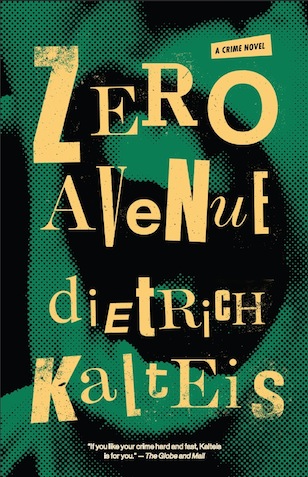“But I really want to use that quote.” Where do you go for legal and copyright advice? Do you ever use public or historical figures in stories? A song lyric? A meme you saw (after fact checking I hope)?
by Dietrich
A few years back, I wrote Zero Avenue, a story which centers around a female punk rocker trying to break into the punk music scene during the late seventies. I wanted to use lines from song lyrics in the chapter titles, having never bumped into copyright issues up until that time. My publisher and editor shook their heads, cautioned me, and set me straight.
Looking it up, I found out there’s a no-number-of-words rule, meaning permission is needed for as little as one lyric line. And there’s no percentage or minimum word count, so even a partial line might be considered copyright infringement. If the material is protected under copyright then even substantial similarity means it’s best to get permission. And it’s interesting to note that while lyrics are protected by copyright, song titles aren’t. I was also surprised to find out the Beatles’ “Yellow Submarine” and David Bowie’s “Ziggy Stardust” are trademark protected.
So, for Zero Avenue, I was free to mention song titles, but my character, Frankie del Rey couldn’t sing any actual song lyrics, but she was free hum along, or being punk, she could bang her head against a wall or table to the beat of the music.
Do I need permission to use quotes? I tune in to the way people speak and exchange with each other, and I often jot interesting expressions or exchanges down — not something I’m likely to get into hot water over. If it’s a quote by a famous person, and if it’s used in a positive way, along with proper attribution, then it’s probably alright.
As I understand it there are limitations to copyright.: After a copyright holder’s death, the work falls into public domain and is from then on no longer protected by any intellectual property laws. The public owns these works, and anyone can use them without having to seek permission.
Have you ever used public or historical figures in stories? As a matter of fact I have, and although there may be a few gray areas here, a public figure’s right to privacy expires after they die, so it’s okay to mention or use them in fictional settings.
In order to avoid confusing fictional characters with living people, there’s often a disclaimer along with works of fiction, something like: The characters in this book are entirely fictional. Any resemblance to actual persons living or dead is entirely coincidental.
Copyright and memes: Since a meme is a derivative work, the meme’s creator isn’t likely the legal copyright holder of the original work in the first place. But, I’m way over my head here, so it would be best to ask a copyright lawyer about it.
Being far from an expert on the subject of copyright, I live by one simple rule: When in doubt, I seek any necessary permission or professional advice from a lawyer specializing in copyright law, because it’s far better to be in my studio writing than in a courtroom trying to explain things to a judge.


No comments:
Post a Comment